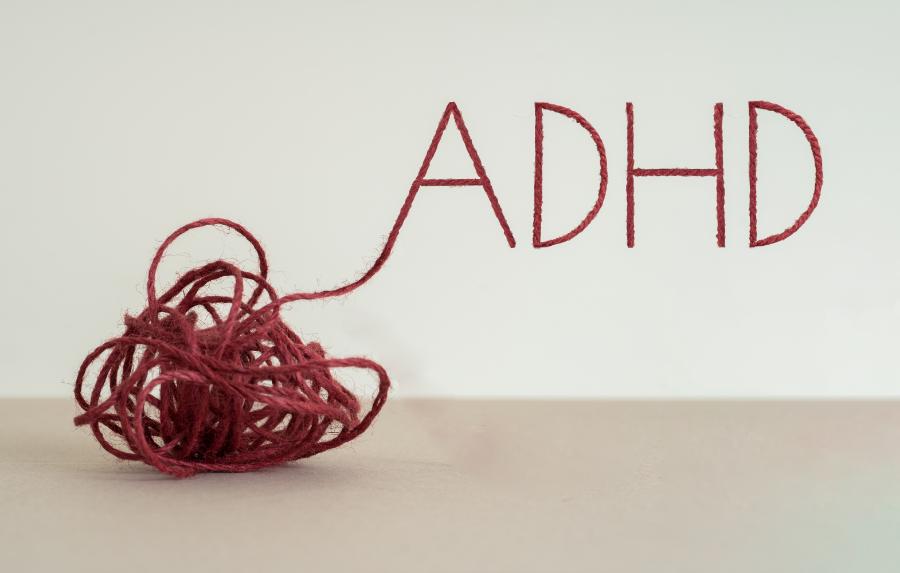The Cambridge Neuropsychological Test Automated Battery (CANTAB) is a computer program for testing brain health, created by the University of Cambridge. It checks how well your brain works in areas like memory, focus, decision-making, and problem-solving.
CANTAB does this through different tasks and is good for spotting and keeping an eye on brain-related issues such as ADHD and Alzheimer's.
- Wide range of tests: CANTAB looks at many brain skills, making it useful for finding and tracking various brain conditions.
- Consistent testing: Being computer-based, it gives reliable and uniform results every time.
- Quick and easy to use: It takes about 40 minutes and is simple enough for people of all ages and abilities.
CANTAB is known for its accurate, unbiased way of measuring brain functions. This accuracy is especially important for finding early brain problems, which can help get the right treatment quickly.
Its uniform method also allows comparing test results from different people and studies worldwide.






